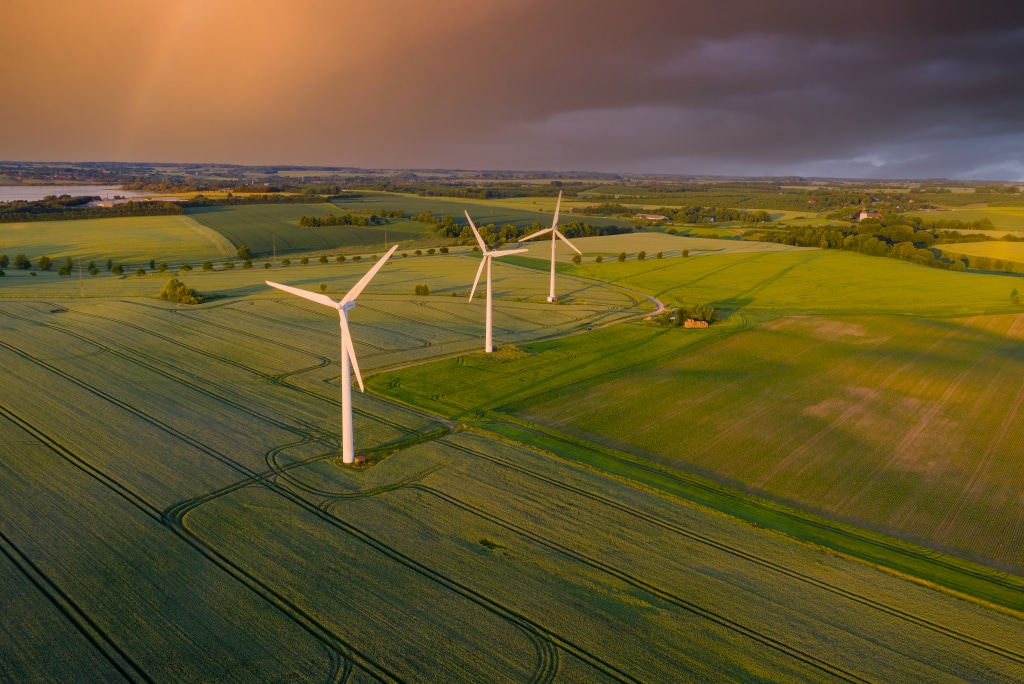South Africa is the first country to benefit from the International Finance Corporation’s (IFC) certified green loan in Africa. This initiative by the World Bank Group’s private sector arm is designed to support the green transition in recipient countries. The IFC Certified Green Loan was granted to Absa, a major player in the financial sector in Southern Africa, with its headquarters in Johannesburg, South Africa.
Absa is securing $150 million to increase financing for biomass and other renewable energy projects in South Africa. According to the IFC, the funding will also support a post-Covid-19 recovery in South Africa, the country being the worst affected by the health crisis on the African continent with over 3,000 deaths. The choice of Absa to receive the IFC’s certified green loan is not insignificant. This banking group is increasing its climate financing, with investments focused on renewable energy.
Financing renewable energy
Absa is one of the financing partners in the South African government’s ambitious Renewable Energy Independent Power Producer Procurement Programme (REIPPP), which was initiated to attract investment from independent power producers (IPPs). Most recently, the Daniel Mminele-led bank participated in the financial close of the Redstone Concentrated Solar Power (CSP) plant in South Africa’s Northern Cape province. In total, Absa has supported 46% of the clean energy projects developed under REIPPP to date.
Read also-South Africa: Eskom to buy 6.8GW of clean energy from IPPs from 2022
“This loan is the first certified loan in Africa that complies with the green lending principles. This means that Absa’s lending for green projects will be disclosed, which will improve transparency and encourage other banks to follow the principles. In addition to the loan, the IFC will provide technical advice and knowledge sharing to help the bank develop a framework for green, social and sustainable bonds and loans,” explains the IFC.
Supporting South Africa’s energy transition
The finance company is registering its first certified green loan in Africa as part of its climate initiative launched in January 2020 to help financial institutions in South Africa, Egypt, Mexico and the Philippines, mobilise private sector finance for climate change mitigation and adaptation projects. The initiative also aims to align financial sector strategies with the objectives of the Paris Climate Agreement.
As a result, the IFC’s certified green loan also supports the energy transition in South Africa. Nelson Mandela’s country has set a target of reducing its greenhouse gas emissions by 42% by 2025 and its reliance on coal by 50% by 2050. Currently, 90% of the country’s electricity is generated by coal-fired power stations. Initiatives such as REIPPP should help reverse this trend.
Jean Marie Takouleu
